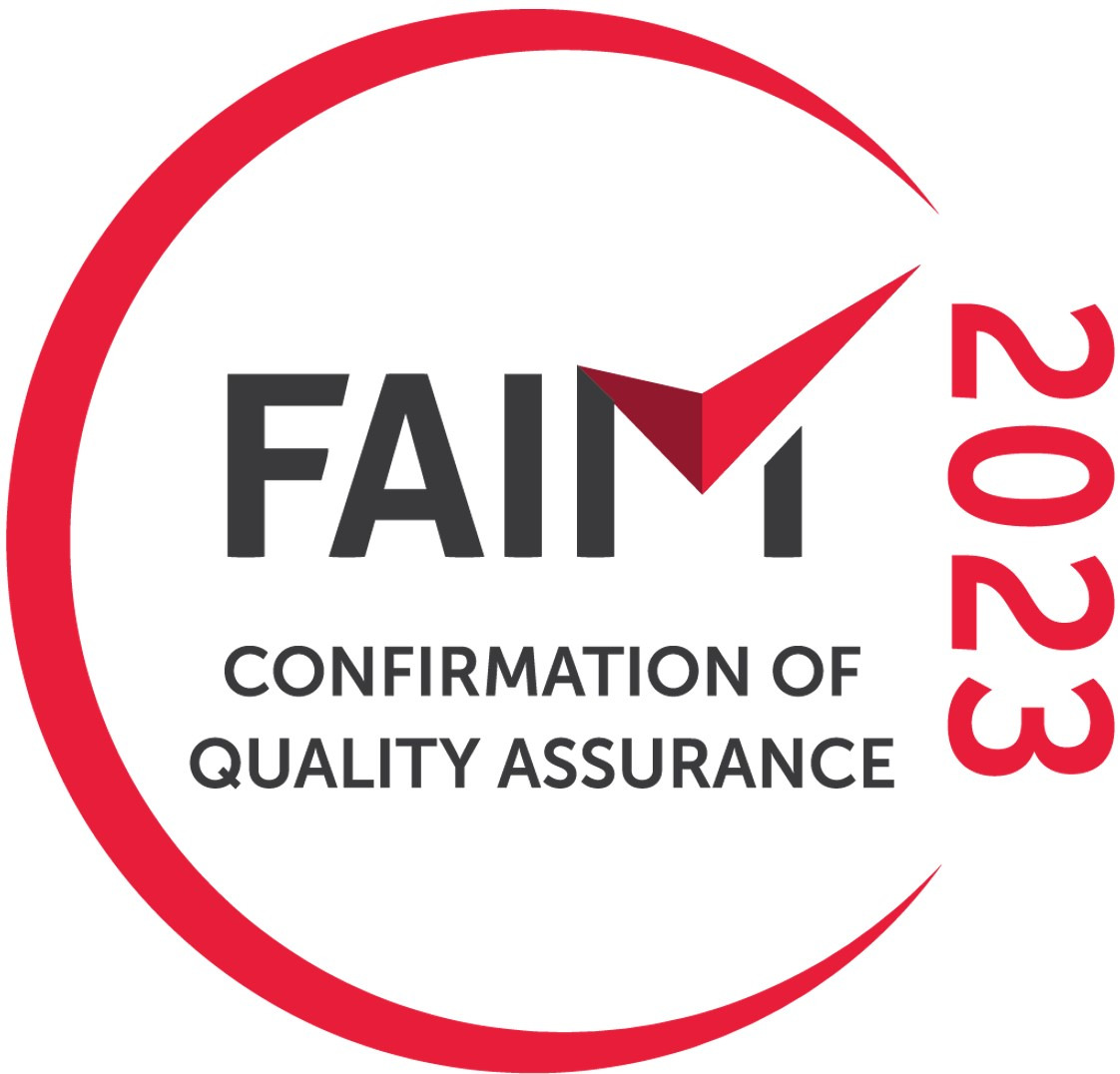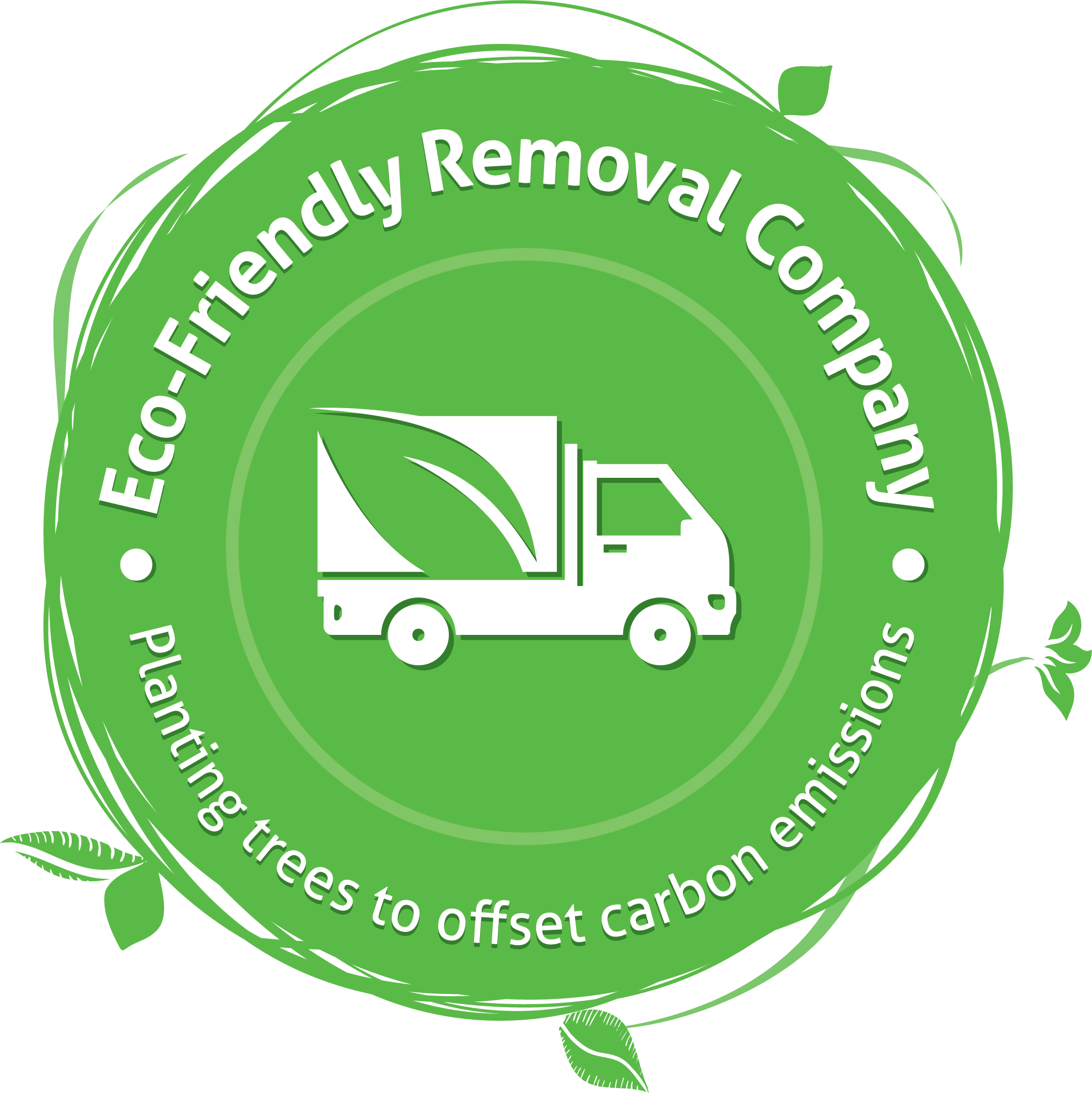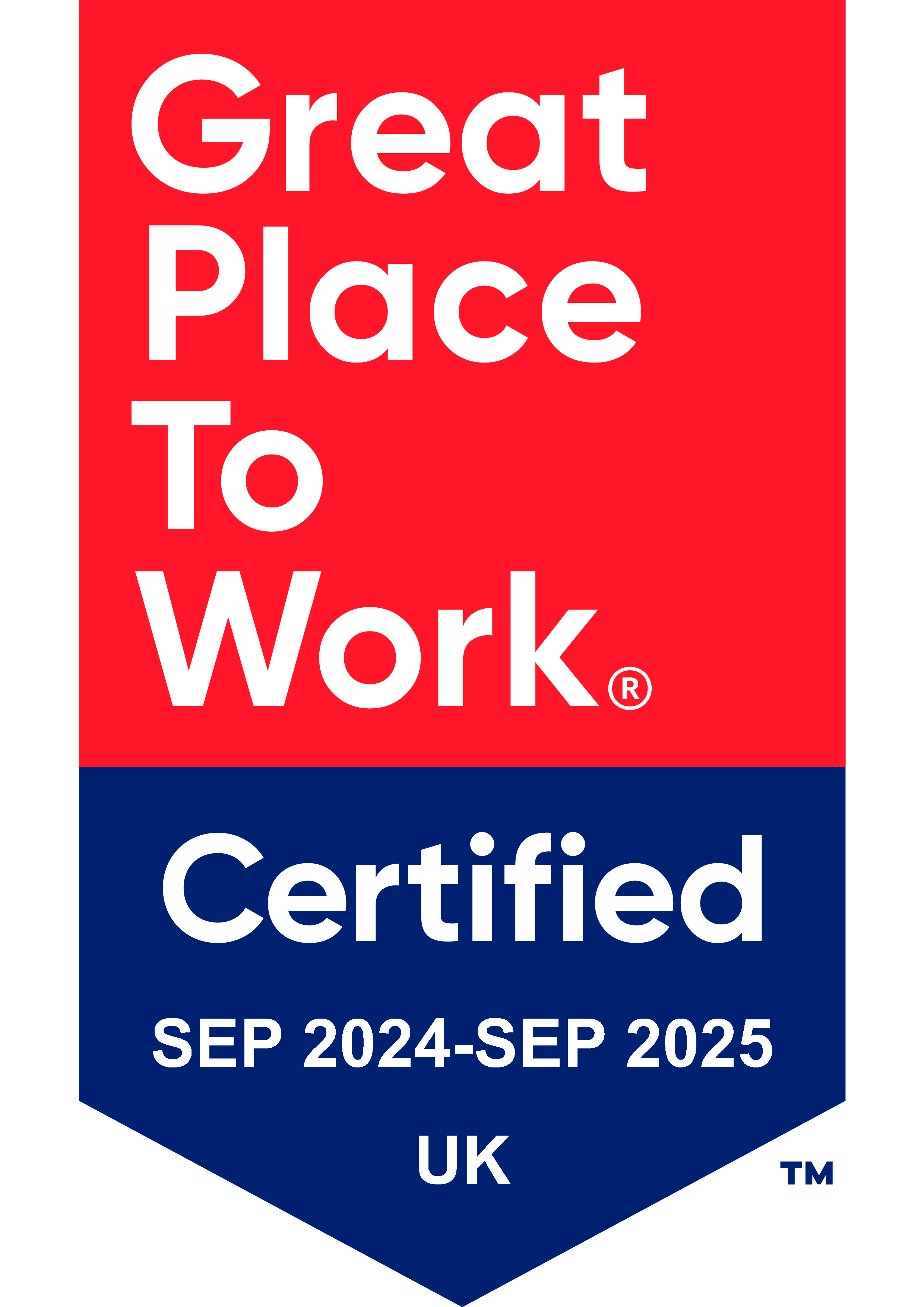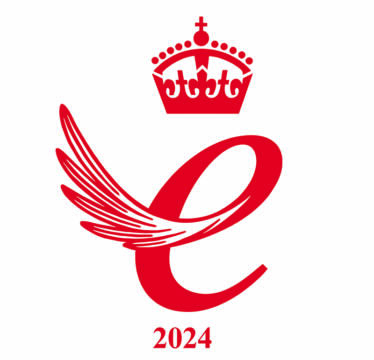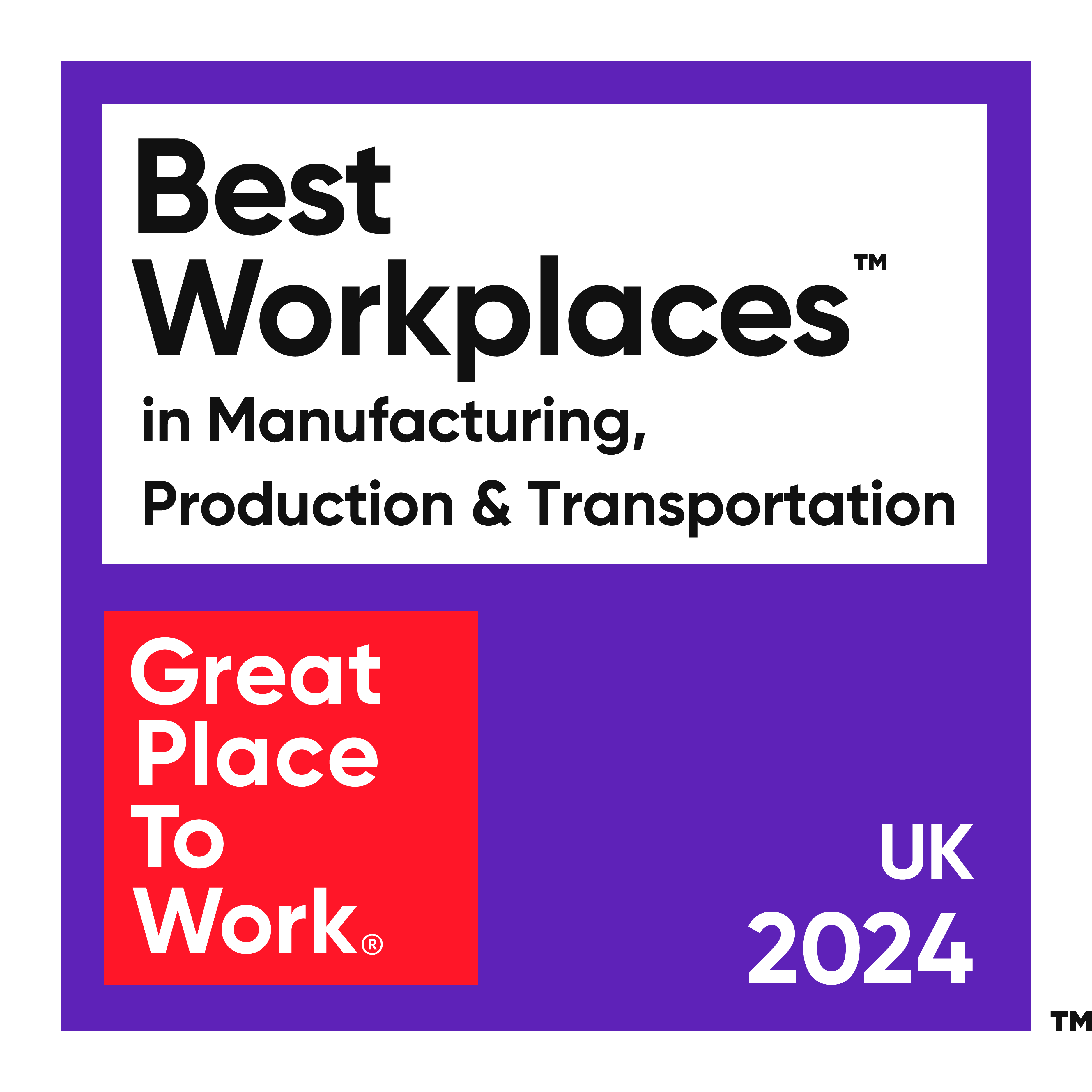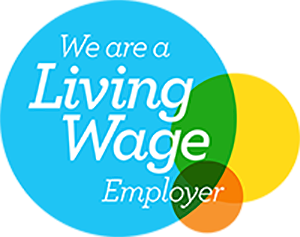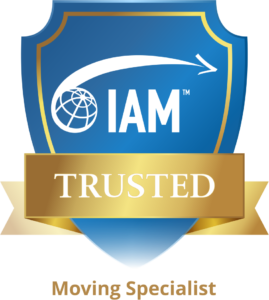Moving to Singapore
If you are moving to Singapore, contact us for further advice and information and to arrange your pre-move survey and consultation.
Please find out more.
Shipping to Singapore
All inbound shipments to Singapore are physically inspected by Customs Authorities. Tabacco and alcohol will be subject to customs duty, currently at the rate of 7%. If you are shipping alcohol, your Move Manager will provide a Declaration Form for you to complete.
Shipping a Car to Singapore
You must apply for a permit before shipping a car to Singapore. The duty on all motor vehicles is 20% of the total value of the car and that amount depends on an assessment made upon arrival by the customs agency. Your Move Manager will be able to provide specific information with regards to your destination country.
As experienced International Moving specialists, you can be assured that shipping your car to Singapore with us is a safe choice. A made to measure wooden frame is hand built inside our containers to ensure the car has maximum protection. Your car is then carefully loaded into the container and secured to the floor using specialist transit straps and secures. This will prevent the car from moving whilst inside the container and during transit.
Moving a Pet to Singapore
There are multiple procedures involved in moving a pet to Singapore. John Mason arranges everything for your pet’s travel so you can focus on other important things. This includes an examination by our vet. Find out more about moving a pet internationally.
Moving Your Money to Singapore
John Mason International FX provides a complete range of currency exchange services allowing you to transfer money to Singapore with the click of a button. Find out more about moving your money to Singapore.
Living in Singapore
Singapore is known for having a strong modern economy, excellent infrastructure and a vibrant multicultural society. The city-state has so much to offer, from culture to career opportunities, it can offer expats a great lifestyle.
Import Regulations for Singapore Custom regulations in Singapore
Non-Singaporean
You can import your used household furniture effects into the country duty-free, providing that you import within six months of your official arrival in Singapore.
You have an employment pass (or copy of your employment pass application and sponsor letter). Customs clearance can take place without this but GST Relief will not be available.
If the above conditions are not applicable, GST will be due on the declared value of the shipment upon arrival in Singapore, the current rate is 7% of shipper’s declared used value of goods. The ‘used value’ rather than the insured value is used for the GST assessment.
The shipper’s presence in Singapore is not needed for customs clearance as long as all paperwork has been completed correctly and a copy of the shipper’s passport has been provided.
Singapore Nationals or Permanent Residents
GST relief is applicable if all household goods are for personal use only. In addition, it is required that the owner has lived overseas for more than six months. Proof of employment outside of Singapore will be required for Customs procedures (e.g. work visa, resident visa, immigration endorsements).
What Can’t I Take Into Singapore?
Finding a job in Singapore
The lack of bureaucracy and characteristic positive attitude make Singapore an easy and enjoyable place to work and do business. From renting retail space to securing a loan, everything is done quickly and easily. It is no surprise that Singapore topped the World Bank survey for the best places to do business.
Buying a House in Singapore
It’s important that you do thorough research before considering buying a house in Singapore. There are no restrictions on the ownership of condominiums (apartments) for expats. However, only those who hold Permanent Residency and have special approval from the Land Development Authority can purchase landed properties, a phrase that refers to a house that has an attached piece of land or a yard. Expats therefore have to seek special approvals before they can purchase a bungalow, or a semi-detached, detached or terraced house.
Getting a Visa in Singapore
There are many ways of getting a visa or permanent residency in Singapore. Be sure so thoroughly researching before applying.
Other Popular Destination Countries
- Australia
- Canada
- Hong Kong
- Middle East
- New Zealand
- South Africa
- USA
- Rest of the World
- Leaving United Kingdom
FAQ
Singapore has a world-class healthcare system that is consistently ranked as one of the best in the world. Expats in Singapore have access to both public and private healthcare options. The public healthcare system is highly subsidized by the government and offers affordable, high-quality care. Private healthcare options are also available, and many expats choose to purchase private health insurance to supplement their coverage. It’s important to note that healthcare costs in Singapore can be high, so it’s best to research your options and plan accordingly.
Singapore is known for having a high cost of living, particularly when it comes to housing and transportation. However, the city-state also offers a high quality of life with excellent infrastructure, healthcare, and education systems. The cost of living can vary depending on your lifestyle and needs. Generally, expats can expect to spend more on housing and transportation than they might in other countries. However, food and entertainment options can be relatively affordable. It’s important to research the cost of living in Singapore and create a budget that reflects your needs and priorities.



